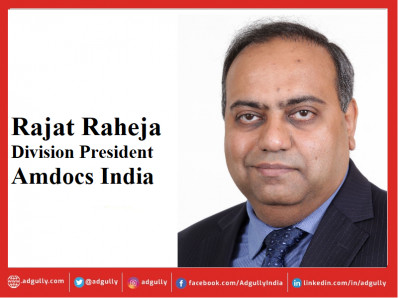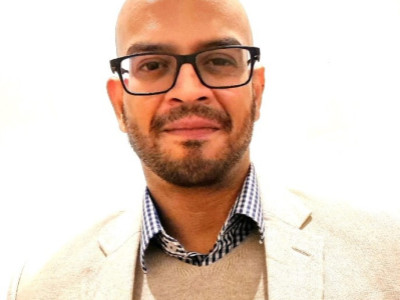Paradox of Choices - Are too many choices a good thing?
Authored by Rajat Raheja, Division President, Amdocs India
A few weeks back, a dear friend visited my place. Somewhere in the middle, the conversation swayed to a new affordable handset he was planning to purchase. What began as a light discussion slowly navigated into an endless comparison of features, pricing, battery power, camera quality, customer service, the current state of the companies, etc., only for us to realize, even after hours of deliberation, we still had not reached a consensus on one model!!!
My friend finally narrowed down to two possibilities. Either to go for the newer upgraded version of his existing mobile OR defer the purchase of a new handset altogether for an elusive best model in the future!
This is such a common dilemma in our lives, isn’t it? While we want to explore our options to make the best decision, the very abundance of them sometime leaves us confused. And eventually, all this overwhelming decision-making pushes us to resort to our time and tested choices of brands/products/services rather than trying something completely new. American psychologist and professor of social theory, Barry Schwartz, popularized this phenomenon known as the paradox of choices in his book Paradox of Choice: Why More is Less, and in his TED Talk.
There is no denying that choices make our lives better. They help us take control of the outcomes and give us the power to get exactly what we want, with great personalization. However, too many choices often have repercussions. These repercussions fall under the ‘paradox’ of choices.
In the words of Schwartz, "We all assume in modern western societies that since the choice is good, more choice must be better; at every opportunity, we assume people need more and more options. That may not turn out to be true every time. The paradox is that when there are enough options confronting us, instead of feeling empowered to choose we sometimes are paralyzed in our decision making because of them."
The paralysis of choice overload
The multiplicity of choices complicates the relationship between choice and the satisfaction we derive from it. There is a diminishing marginal utility in the availability of alternatives, where every alternative takes away bits of our satisfaction. Another outcome of this is— more the choices, more likely the time and effort to make decisions. If the decisions do not work out, it might cause worry, regret, unrealistic expectations, and self-criticism. While we may not feel any of it initially, as the number of choices multiplies, these feelings tend to grow.
Can we overcome this choice overload? Most definitely. For this, we need to establish a clear objective in our minds.
- Knowing the “what” and “why” of your choice can help in narrowing down your options
- Making compromises between the available possibilities, either by giving up something or eliminating few parameters which are not needed but nice to have.
So, how do you deal with your paradox of choices?


















Share
Facebook
YouTube
Tweet
Twitter
LinkedIn